Why Can’t I Find the Injected Name of a Templated Class’s Templated Base Class? -- Raymond Chen
 Some time ago, I wrote about how injected class names were the C++ feature you didn’t even realize that you were using. Injected class names let you use the plain name for the class being defined without needing to fully qualify it with namespaces and template parameters. Furthermore, injected class names are public and can be inherited.
Some time ago, I wrote about how injected class names were the C++ feature you didn’t even realize that you were using. Injected class names let you use the plain name for the class being defined without needing to fully qualify it with namespaces and template parameters. Furthermore, injected class names are public and can be inherited.
“But wait, I’m trying to use the injected class name of my base class, but the compiler won’t accept it.”
Why Can’t I Find the Injected Name of a Templated Class’s Templated Base Class?
by Raymond Chen
From the article:
Some time ago, I wrote about how injected class names were the C++ feature you didn’t even realize that you were using. Injected class names let you use the plain name for the class being defined without needing to fully qualify it with namespaces and template parameters. Furthermore, injected class names are public and can be inherited.
“But wait, I’m trying to use the injected class name of my base class, but the compiler won’t accept it.”
template<typename T> struct Base { Base(T value); }; template<typename T> struct Derived : Base<T> { Derived(T value) : Base(value) {} };This generates a compiler error.

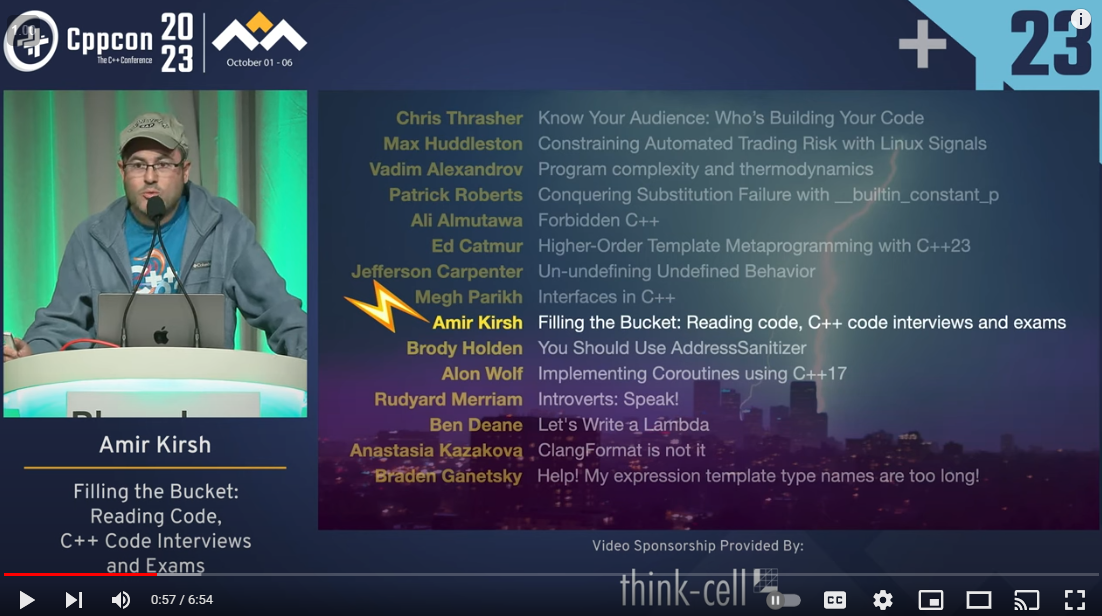 Registration is now open for CppCon 2024! The conference starts on September 15 and will be held
Registration is now open for CppCon 2024! The conference starts on September 15 and will be held 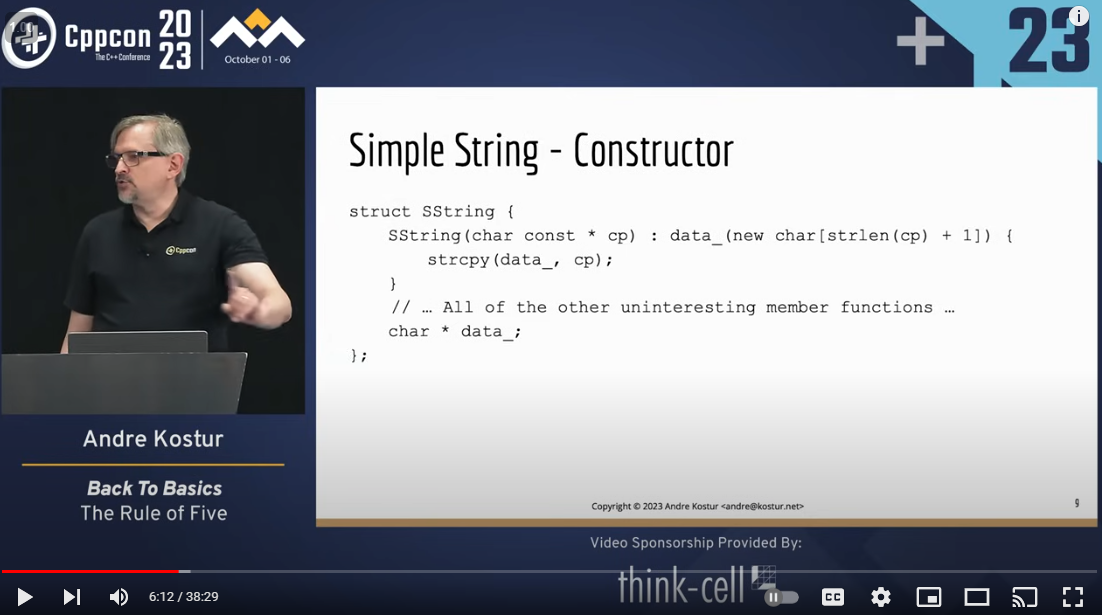 Registration is now open for CppCon 2024! The conference starts on September 15 and will be held
Registration is now open for CppCon 2024! The conference starts on September 15 and will be held 
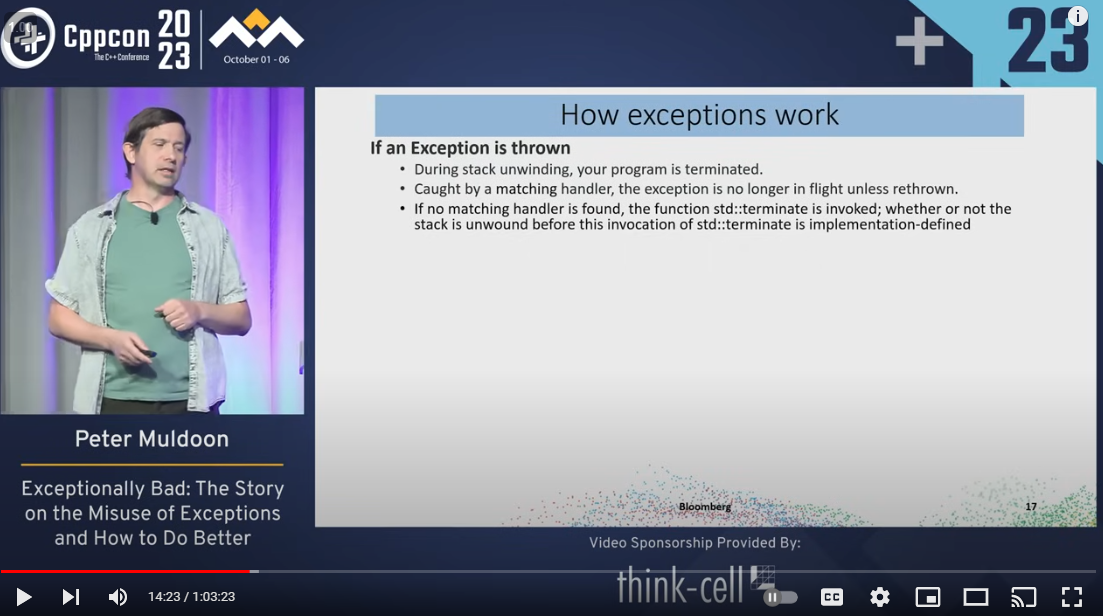 Registration is now open for CppCon 2024! The conference starts on September 15 and will be held
Registration is now open for CppCon 2024! The conference starts on September 15 and will be held 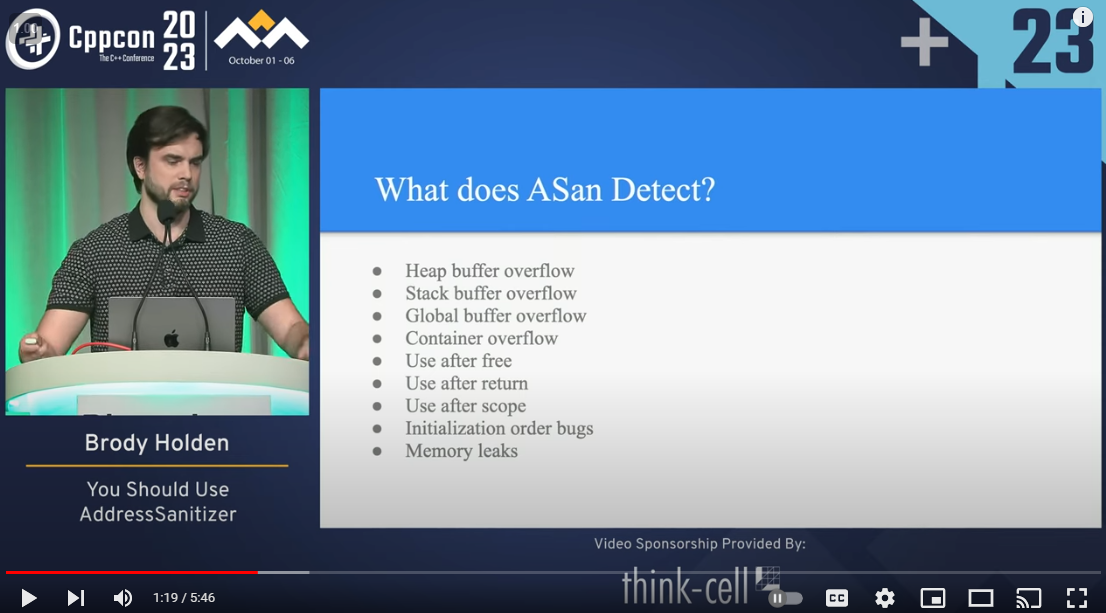 Registration is now open for CppCon 2024! The conference starts on September 15 and will be held
Registration is now open for CppCon 2024! The conference starts on September 15 and will be held 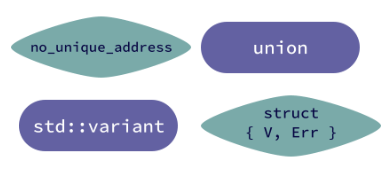 In the
In the 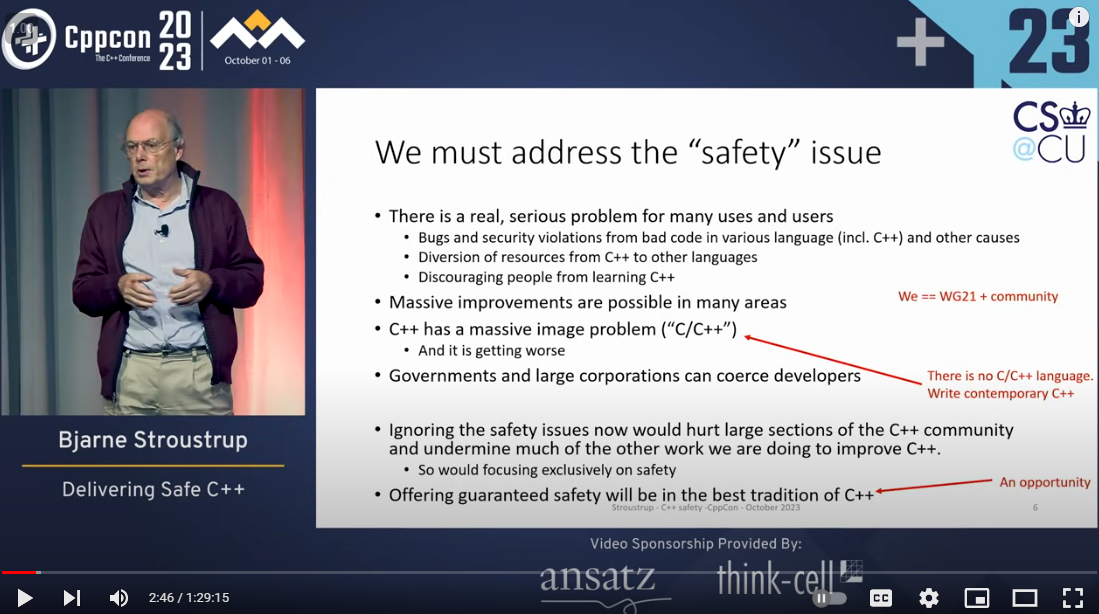 Registration is now open for CppCon 2024! The conference starts on September 15 and will be held
Registration is now open for CppCon 2024! The conference starts on September 15 and will be held